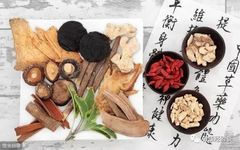Daily updates on health knowledge and TCM prescriptions…Follow along with the editor to become healthier!
Note: The content of this article is sourced from the internet. If there are any copyright infringements, please contact the editor for removal.
In Traditional Chinese Medicine (TCM), the spleen and stomach play crucial roles in the storage and digestion of food. The health of a person’s spleen and stomach directly affects their vitality and longevity. In other words, individuals with spleen and stomach Yang deficiency are generally not destined for a long life!
The spleen and stomach can be likened to a machine; the spleen governs the transformation and transportation of food and water, while the stomach is responsible for receiving and digesting food. If the host of the body is in a bad mood, exposed to cold, or overeats, the spleen and stomach can become distended and damaged, leading to various diseases.
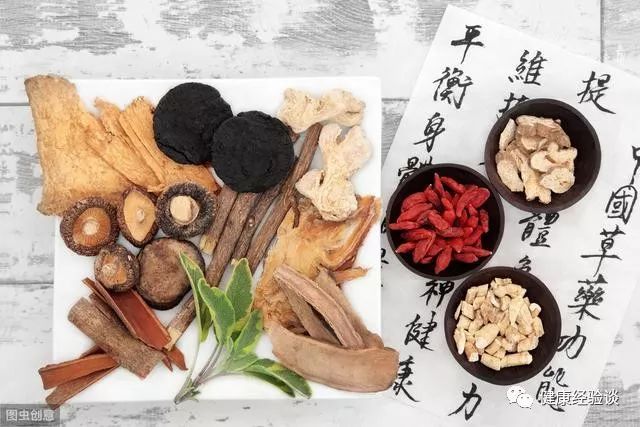
If you have spleen and stomach Yang deficiency, you may experience the following symptoms:
1. Eating cold or alternating hot and cold foods, or having a cold abdomen can easily lead to diarrhea;
2. Unformed stools or frequent presence of undigested food in the stool;
3. Wearing skirts or shorts in an air-conditioned room can lead to diarrhea;
4. Generally feeling weak, being sensitive to cold, having cold hands and feet, and a cold back;
5. Experiencing bloating and belching after meals, especially in the afternoon or evening, with even a small amount of food causing significant bloating;
6. Having a slim figure but a protruding belly or beer belly, with the abdomen feeling cool to the touch.
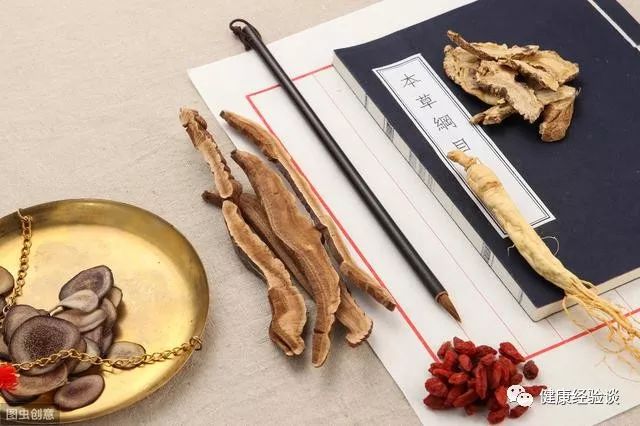
What does TCM believe are the causes of spleen and stomach Yang deficiency?
The cause of spleen and stomach Yang deficiency lies in the deficiency of Yang Qi in the spleen and stomach, which can be attributed to both congenital and acquired factors.
1. Congenital factors
This is closely related to the patient’s constitution. During the embryonic stage, malnutrition of the fetus can lead to congenital deficiency of spleen and stomach Yang Qi, or due to congenital kidney Qi deficiency, as the kidneys are the root of all vitality in the body. A deficiency in kidney Qi can also lead to a deficiency in spleen and stomach Yang Qi.
2. Acquired factors
This is mainly related to poor lifestyle habits. Regular consumption of raw, cold, or hard foods, overeating, excessive drinking, and alcoholism can severely damage the spleen and stomach, leading to a deficiency of spleen and stomach Yang Qi over time. Additionally, excessive sexual activity can deplete kidney Qi, which in turn affects the middle burner (zhong jiao) and leads to spleen and stomach Yang deficiency.
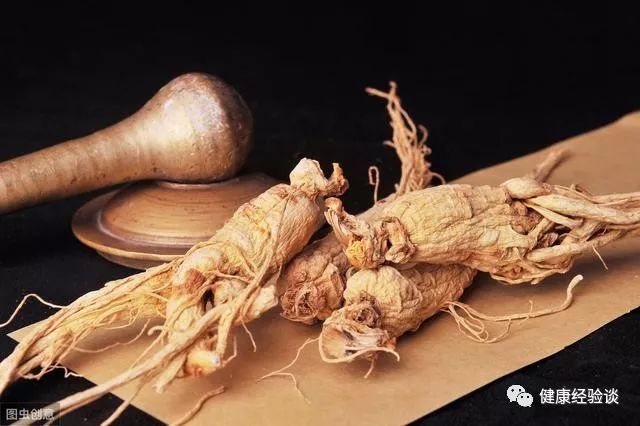
How does TCM regulate spleen and stomach Yang deficiency?
In TCM, the general principle for regulating spleen and stomach Yang deficiency is to warm the middle, disperse cold, and tonify the spleen and stomach, with the representative formula being Li Zhong Tang (理中汤, Regulate the Middle Decoction).
However, in many TCM texts, the conditions of Xiao Jian Zhong Tang (小建中汤, Minor Construct the Middle Decoction), Li Zhong Tang, Xiang Sha Liu Jun Zi Tang (香砂六君子汤, Fragrant Sand Six Gentlemen Decoction), and Xiang Sha Yang Wei Wan (香砂养胃丸, Fragrant Sand Stomach Nourishing Pill) are collectively referred to as spleen and stomach Yang deficiency (middle burner cold deficiency). Although these four formulas share similarities, they all present symptoms such as stomach pain that prefers warmth and pressure, or increased pain when hungry, temporary relief with food, lack of appetite, fatigue, thin white tongue coating, and weak pulse.
However, there are also differences among them.
The Xiang Sha Liu Jun Zi Tang condition is characterized by Qi deficiency, where insufficient Qi leads to cold, but the cold is mild, and it is also accompanied by phlegm-dampness and Qi stagnation. The pain prefers light pressure, and heavy pressure increases the pain, with symptoms of abdominal distension, belching, and loose stools, along with a thin white and moist tongue coating. The stomach distension is more pronounced than the pain, which is a key point for differentiation.
The Li Zhong Tang condition is characterized by weak middle Yang and cold dampness, with symptoms of pain that prefers light pressure, sensitivity to cold, and a preference for warm food. Cold food causes severe pain, and the abdominal pain is more severe than in the Xiang Sha Liu Jun Zi Tang condition. The pain is more pronounced than the distension, which is a key point for differentiation.
The Xiao Jian Zhong Tang condition is characterized by weak middle Yang and weak Yin (i.e., both middle burner Yin and Yang deficiency), with symptoms of pain that prefers heavy pressure, slight dryness of the mouth, normal or slightly dry stools, and a combination of hot palms and soles with sensitivity to cold. The key point for differentiation is the preference for heavy pressure on the pain.
Although all of these can regulate spleen and stomach Yang deficiency, they should not be confused in clinical practice.
For those with both Yin and Yang deficiency, Xiao Jian Zhong Tang should be used as a warming and nourishing method; Li Zhong Tang and its derivatives are the representative formulas.
If Xiao Jian Zhong Tang is mistakenly used for Li Zhong Tang, it can lead to warming dryness that injures Yin; conversely, if Li Zhong Tang is mistakenly used for Xiao Jian Zhong Tang, it can lead to excessive moisture and cold dampness. Similarly, if Li Zhong Tang is mistakenly used for Xiang Sha Yang Wei Wan, it cannot strengthen the spleen, eliminate dampness, harmonize the stomach, and disperse fullness.
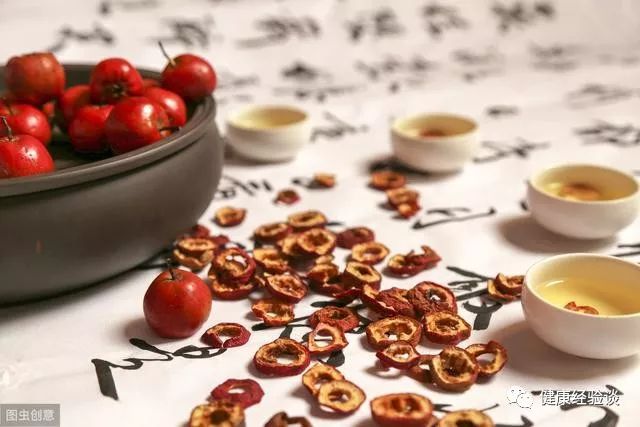
In conclusion, all things in the world depend on the earth for sustenance, and the five organs in the human body depend on the spleen for nourishment. With stomach Qi, there is life; without stomach Qi, there is death. The congenital Qi is kidney Qi, and the acquired Qi is spleen Qi. If the congenital Qi is insufficient, one must rely on acquired Qi for nourishment. The primary focus of regulation should not be on hastily treating symptoms with whatever is available, but rather on tracing back to the root and harmonizing the five elements for optimal results.
Note: Some text and image resources in this article are sourced from the internet. The purpose of reproducing this article is to convey more information. If there are any errors in source attribution or infringement of your legal rights, please notify us immediately, and we will delete it promptly and apologize to you.Previous Content:
1.These are the manifestations of spleen deficiency; how to regulate the spleen and stomach for those with spleen deficiency.
2.Afraid of cold? TCM teaches you to replenish Yang Qi and improve your constitution.
3.This herb can tonify the kidneys, benefit the spleen, invigorate blood circulation, and enhance immunity.

